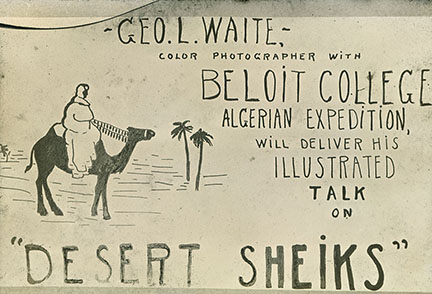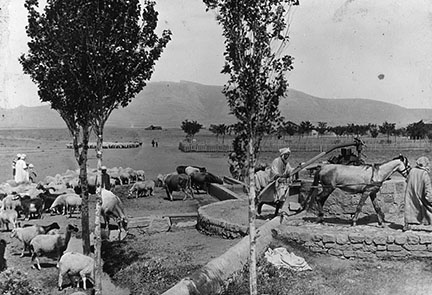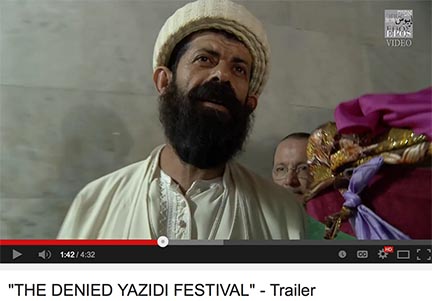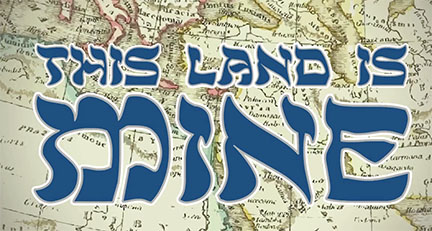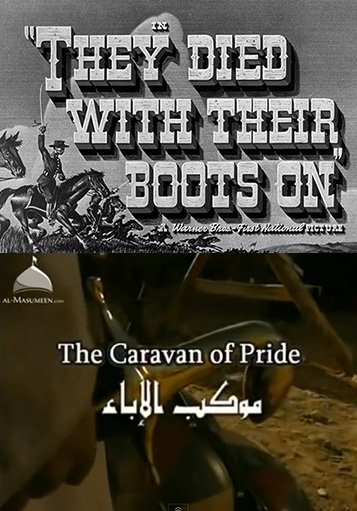
by Anouar Majid, Tingiata, April 15, 2014
The most controversial actress in Morocco and the Arab world gave me a tour of Rabat, the capital of Morocco. To say that it was a unique experience would, quite frankly, be a huge understatement. Parking attendants, men in uniform, women with hijabs and jellabas, food sellers and everyone—literally—who saw Latefa greeted her with smiles and affection. People took photographs with her and asked for new performances. She is truly a people’s artist, one who uses a container (labelled “cont’n’artâ€), among other tools, to foster awareness about health and difficult social issues.
The car ride, as you could see in the video, was, in itself, a fascinating spectacle. The free-spirited Latefa sang throughout most of trip, ending, most appropriately, with the theme of Carmen, reminding us that women are born to be free, not objects to be hidden away.
